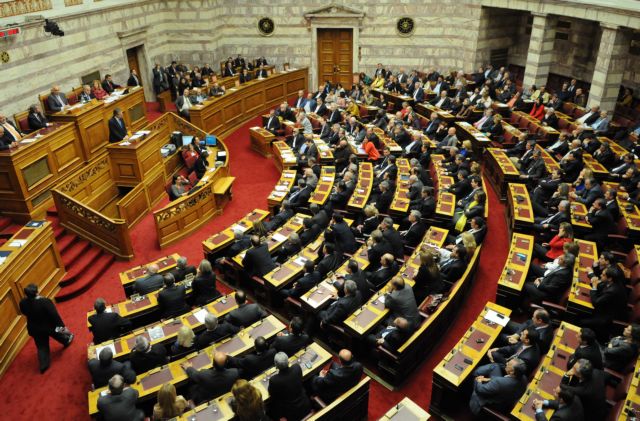The government is racing against time in order to make all preparation for the prior actions necessary so that the budget can be voted on the 7th of December. This will greatly improve Mr. Stournaras’ bargaining position for the Eurogroup scheduled for the 9th of December.
The troika is expected in Athens on the 2nd of December for the third time since September and the government is desperate to avoid any possibility of a negative review. In their previous two visits, the IMF, ECB and EU representatives could not come an agreement with the Greek side.
The main problems to be discussed are the 2014 budget gap, for which the troika demands 1.8 billion euros in measures, with Greece countering structural interventions worth 1.3 billion euros. Greece is optimistic that the primary surplus will contribute towards a better deal, although the IMF’s Poul Tomsen has noted that further “targeted” measures will be necessary in the 2014-2016 period.
The government must also convince the troika representatives that the Ministerial interventions in the controversial unified real estate tax will not result in a 250-million-euro deficit. The government must also address the equally controversial lift on the temporary ban of primary residence auctions, with Minister of Growth Hatzidakis insisting on an extension for another year. There are also thoughts of reducing the amount of protection offered by introducing income criteria.
Finally, the government and the troika must come to an agreement about the fate of Greek defense industries EAS and ELVO, in order for Greece to collect the 1 billion euro loan installment that has been approved and on-hold since July 2013. While the troika has backed down from the “sudden death” it proposed, an agreement must now be reached on the extent of production. The creditors envision a small production line for the needs of the Hellenic Armed Forces, while the National Defense and Finance Ministries are in favor of maintaining exports.





